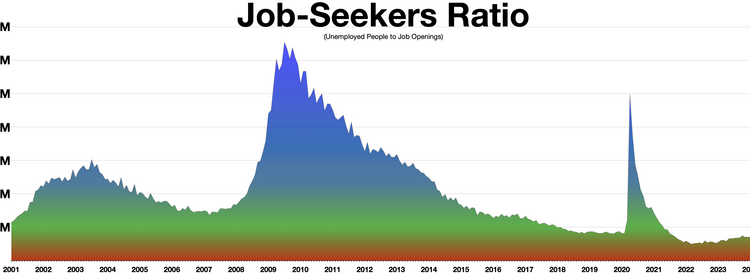Advocates suggest students still fill out the FAFSA to unlock federal, state and school financial aid
- Scholarship America is giving out $300 million in financial aid without requiring the FAFSA form
- Advocates still suggest students fill out the FAFSA to unlock federal, state, and school financial aid
- Scholarship providers are facing challenges due to delays in processing FAFSA data
- Scholarship America is using alternative questions to determine students’ financial situation
- Private scholarships can help alleviate concerns and stress for students
- Knowing scholarship funding early can be helpful for students
- Students should still fill out the FAFSA to access federal grants, loans, and other funding
- Flexibility in scholarship providers’ deadlines can be beneficial
- Some scholarship providers rely on FAFSA data to determine funding
- FAFSA is important for students to make informed financial decisions
The bulk of the financial aid students use to pay for college is in limbo and likely will be for months thanks to a glitchy rollout of the new FAFSA. But at least $300 million in scholarship money will go out as originally planned. Scholarship America, which works with more than 1,000 organizations across the country to distribute scholarships, isn’t requiring applicants to fill out the FAFSA. Mike Nylund, the CEO of Scholarship America, made the decision to scrap the FAFSA in the fall after it became clear that there would be delays in when scholarship providers received applicants’ FAFSA data. Scholarship providers that award funding based on financial need rely on the FAFSA data to make their determination. However, Scholarship America is using alternative questions to determine students’ financial situation. Private scholarships can help alleviate concerns and stress for students, as they provide additional funding to afford college. Despite this, students are still urged to fill out the FAFSA to access federal grants, loans, state-based aid, and other funding. Flexibility in scholarship providers’ deadlines can be beneficial, but some providers rely on FAFSA data to determine funding. Filling out the FAFSA is important for students to make informed financial decisions.
Factuality Level: 7
Factuality Justification: The article provides information about the glitchy rollout of the new FAFSA and how it is affecting the distribution of financial aid for college students. It includes quotes from experts and officials in the field, providing different perspectives on the issue. The article also highlights the decision of Scholarship America to scrap the FAFSA and use alternative methods to distribute scholarships. Overall, the article provides relevant and factual information about the topic.
Noise Level: 4
Noise Justification: The article provides information about the glitchy rollout of the new FAFSA and its impact on scholarship funding. It includes quotes from experts and officials in the field. However, it lacks in-depth analysis and does not provide actionable insights or solutions.
Financial Relevance: Yes
Financial Markets Impacted: No
Presence Of Extreme Event: No
Nature Of Extreme Event: No
Impact Rating Of The Extreme Event: No
Rating Justification: The article pertains to financial topics as it discusses the impact of a glitchy rollout of the new FAFSA on the distribution of financial aid for college students. However, there is no mention of any extreme event or its impact.
Public Companies: Scholarship America (null), Department of Education (null), Fortune 500 companies (null)
Private Companies: Scholarship Foundation of St. Louis
Key People: Mike Nylund (Chief Executive Officer of Scholarship America), Mark Kantrowitz (Author of How to Appeal for More College Financial Aid), Kim Cook (Executive Director of the National College Attainment Network), Faith Sandler (Executive Director of the Scholarship Foundation of St. Louis)
 www.marketwatch.com
www.marketwatch.com 





